![]() Plant scientists have issued two retractions after noticing several images had been duplicated within and across the papers.
Plant scientists have issued two retractions after noticing several images had been duplicated within and across the papers.
The papers both appeared in March 2002 in The Plant Cell and The Plant Journal.
The last author on both papers — Jonathan Jones, a professor and group leader at The Sainsbury Laboratory in Norwich, UK — took responsibility for the duplications. He told us:
As last author I was responsible for checking the papers but did not notice the similarities between figures in the different papers. I regret this and took action as soon as I realized there was an issue. Both papers went through peer review and the issue was not picked up at that point either.
Susana Rivas, the first author on both papers, has collaborated with beleaguered plant scientist Oliver Voinnet — and was a second author on one of his eight retractions (which we covered here).
The editor-in-chief of TPJ Christoph Benning said that, after the authors contacted them, the journals looked into the issue, confirmed the duplications and then retracted the papers: Continue reading Authors retract two plant biology papers over duplicated images
 The fallout continues for a study conducted at a local CrossFit gym by researchers at The Ohio State University. First
The fallout continues for a study conducted at a local CrossFit gym by researchers at The Ohio State University. First  A gastroenterology and hepatology journal has retracted a 2017 review after discovering it included data “accessible only during peer review for another journal.”
A gastroenterology and hepatology journal has retracted a 2017 review after discovering it included data “accessible only during peer review for another journal.”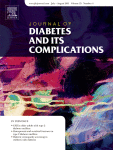
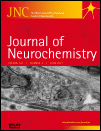 A neurochemistry journal has retracted a paper from a group in China over a duplicated image.
A neurochemistry journal has retracted a paper from a group in China over a duplicated image.
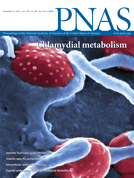 In 2012,
In 2012, 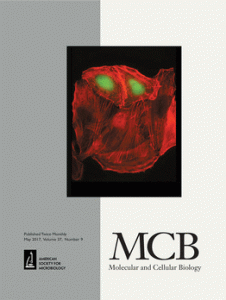

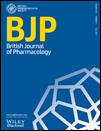 A pharmacology journal has
A pharmacology journal has